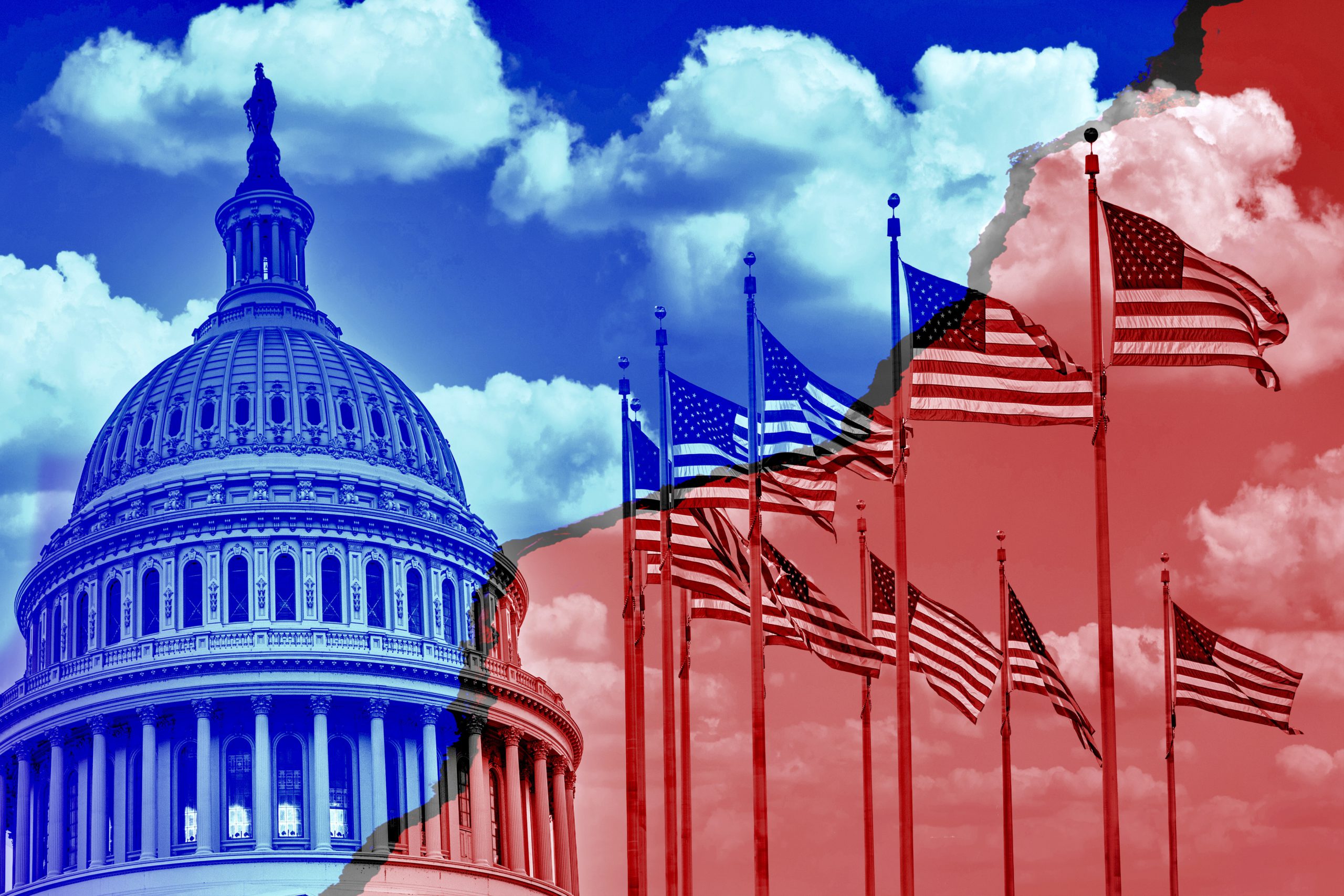My friend and I sit in her living room, our eyes locked on the TV screen. It’s 9 p.m. on Nov. 5, 2024 in Toronto. All the swing states are either too close or too early to call, and polls in the west coast are still open. On my phone, the U.S. election map updates live with states flickering light blue, then gradually turning red, as the vote count continues.
My friend is a sustainable environmental management student. Most of her accessories are either carbon neutral, recycled, or second-hand. I am a student and a journalist from Russia, and spent six hours in line at the Russian Consulate in Toronto this March just to deliberately spoil my ballot.
As an international student, it feels strange to watch the U.S. election with such anxiety. Those who know me laugh. “So what if he wins?” they say. “It’s still not like 20 years of Putin.”
I, too, have been frustrated with how the mass media’s fixation on the U.S. elections often leaves the rest of the world on the periphery. Even Canadian media would rather discuss Trump’s bigoted statements, than talk about Pierre Poilievre of the Conservative Party, who is waiting in the wings to abolish the carbon tax and is designated as anti-choice with the Abortion Rights Coalition of Canada.
Yet the world watches as a convicted felon gains the votes over the first Black and South Asian female vice president of the U.S. Harris is far from an ideal candidate; her lack of support for an arms embargo on Israel goes against everything I believe in. But Donald Trump has publicly declared his aspiration to rule as a dictator, and having escaped Putin’s regime, I know exactly what living in a dictatorship is like.
While I am neither a U.S. nor a Canadian citizen, Trump’s policies will affect me too, causing an economic and social ripple effect in Canada that would normalize authoritarian rhetoric, scapegoat immigrants, and cut funding for sustainable energy research.
I fall asleep to the voices of TV anchors, who narrate as Trump flips counties that Biden turned blue in 2020. Young male voters cast their ballots for Trump. Harris is falling behind. At midnight, the election is still “too close to call.”
When I wake up the next morning, I don’t reach for my phone. As I listen to the traffic and the rustle of leaves through my open window — it was 16 C last night, despite it being early November — a part of me hopes it is still too close.
“TRUMP STORMS BACK,” reads a headline in The New York Times. On the map, Wisconsin has turned crimson, breaking the “blue wall” journalists appealed to all night.
How could so many Americans re-elect a man who has incited so much hate and violence?
I am scared for the future — scared for women’s rights, climate action, freedom of speech in the U.S., the knock-on effect a Trump presidency may have on Canada, and the rise of what The Washington Post writer David Moscrop calls “populist conservatism.”
But there is still the rest of the world. Wars wage in the Middle East and Eastern Europe. Here in so-called Canada, Indigenous people face crumbling healthcare and infrastructure, homelessness swallows thousands, and racial prejudice persists as an extension of a colonial mindset.
The U.S. has never been the moral compass of the world. Now, more than ever, we must look within ourselves to find it.


